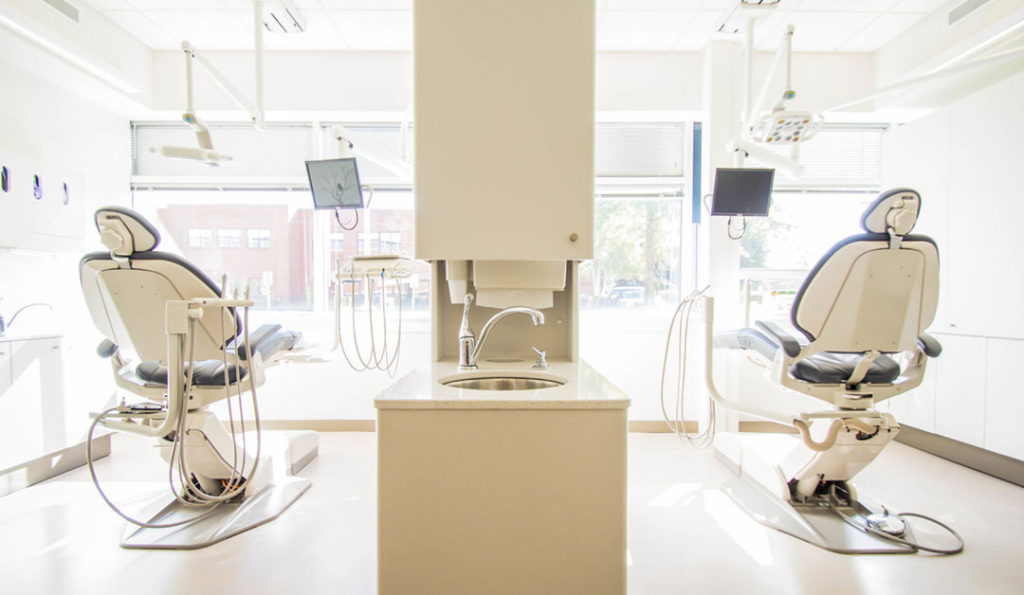
03
Feb
How Data Ownership has the Potential to Change Stagnant Industry
Data ownership has been in the spotlight ever since the Facebook/Cambridge Analytica scandal in early 2018. The importance of data and what it can achieve is vast and the opportunities it offers is rarely understood by consumers. As big data grows at an exponential rate, the way people engage with products and services is evolving.
Unknown to most users, data is utilised every day, in smart watches that monitor heart rate and alert the emergency services to a heart attack, finding the perfect dating match online or targeted online marketing that knows just what a consumer wants before they even search for it. Data is taking off in a big way, however one sector that has not yet been tapped is oral hygiene.
 Dental care is expensive no matter where you go, however the UK has the highest prices in Europe. The UK dental system is incoherent, with some practices offering NHS only services, others are completely private, whilst the remainder offers a mix of the two. Add in regional cost variations and the scope of pricing variation, understandably, creates confusion. This uncertainty of the system coupled with the difficultly of changing dental practices has created a truly stagnant industry.
Dental care is expensive no matter where you go, however the UK has the highest prices in Europe. The UK dental system is incoherent, with some practices offering NHS only services, others are completely private, whilst the remainder offers a mix of the two. Add in regional cost variations and the scope of pricing variation, understandably, creates confusion. This uncertainty of the system coupled with the difficultly of changing dental practices has created a truly stagnant industry.
Proficient and efficient private dentist care is rare, let alone care through the NHS, and patients tend to stick with their chosen practitioner as there is no way of knowing whether moving somewhere new will offer a better standard of oral hygiene. This has resulted in procedure costs fluctuating massively for no discernable reason, with no way of being able to benchmark against a baseline figure. Changing dentists is costly with the standard practice involving an examination and x-rays regardless of the last time a dentist was visited. Patients are stuck within a system that prohibits any option for change.
Data can solve this. Accurately capturing patient data is required by dental practitioners, though there is currently no way to utilise this to the patient’s advantage. A platform providing an intuitive interface for data collaboration would release consumers from a dictatorial system and grant the freedom to easily change practice or go one step further and allow for procedure comparison and quotation, thus force two crucial changes within the industry.
-
The first would be to swiftly streamline and unify pricing across the country, as competition to keep patients would be essential for practice success.
-
The second would be to comprehensively improve the competency of dental practitioners.

